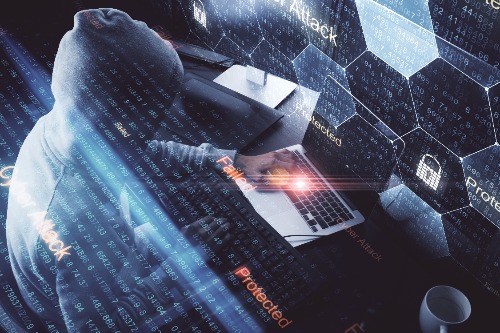Hospitals in West Virginia and Kentucky were the latest victims of ransomware…
Appalachian Regional Hospitals placed all of their 11 hospitals, located in West Virginia and Kentucky, on Emergency Operation Plans after ransomware was detected on their systems on Saturday morning. It was reported by The Register – Herald that the hospitals shut down their computer systems immediately to prevent any further spread of the virus.
As of Saturday, employees were able to continue to assist patients; however everything was done manually. It is not being disclosed if critical patients have been transferred to alternative care facilities, but it was reported that hospitals impacted in West Virginia were still running their Emergency Rooms on Saturday.
Hospital officials are being quiet about the overall impact of this ransomware attack. The ransomware variant used for the attack is unknown, and the ransom demand is not being disclosed. The hospitals in West Virginia did not contact the authorities regarding this attack, and it is unknown if the Kentucky hospitals reported the incident to local officials.
For a full listing of ransomware attacks in 2016, please click here.
We have also created a map for users to see where each attack has occurred in the U.S.
What to do after an attack
If you ever find yourself a victim of a ransomware attack, PC Matic encourages you to take the following steps:
- Do not pay the ransom – If you do, you’re just giving the hackers a reason to keep hacking. Use your back up files to restore your systems. Again, don’t pay!!
- Inform the FBI – By informing the FBI, they can investigate to potentially bring legal action against the hacker. All cyber criminal activity should be reported to the federal IC3 agency. You can file a complaint with them here.
- Notify your current security software company – You also MUST inform your security software company. If they didn’t know they missed a malicious attack, they cannot stop it in the future. Also, many anti-virus software companies share their blacklist, or the list of known bad files. So by sharing it with your software company, they then share it with others; saving thousands of people from falling victim to the same attack that just got you.
- Educate yourselves and your employees – Many times we attend one training, or listen to one webinar and consider ourselves educated on the matter. This cannot be further from the truth. Continued education on current cyber security threats is imperative. We recommend our friends at KnowBe4 for both personal and enterprise training on cyber security. As always, all PC Matic home security subscribers are offered a free cyber security training through KnowBe4 as well.
- Reevaluate your security software protection – The reality is, your security software failed you. Now it’s time to look for an alternative security option. The United States Computer Emergency Readiness Team (US-CERT) strongly advises using a whitelist security technology. For personal uses, PC Matic home protection offers superior protection with advanced whitelisting technology. For enterprise use, there is PC Matic Pro, which offers advanced security protection with proprietary whitelisting technology.




